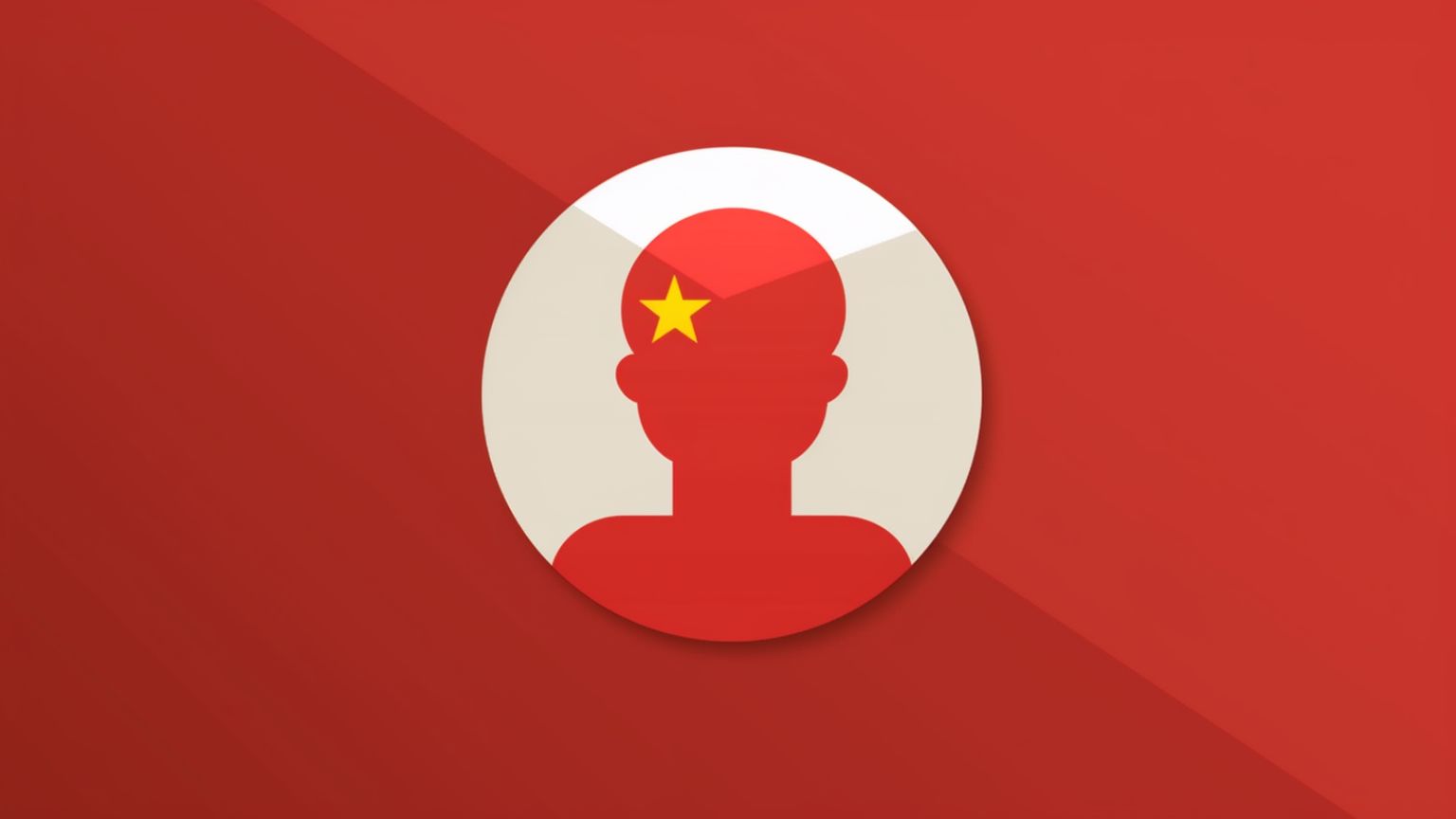by Will Henney, Reclaim The Net:
 Major free speech and privacy implications.
Major free speech and privacy implications.
In an unprecedented move toward restricting online anonymity, the CEO of China’s social media behemoth, Weibo, Wang Gaofei is testing a controversial new policy on his personal account. Weibo, often compared to Twitter/X, may soon require online commentators discussing politics and finance to publicly display their real names. Amid rising worries over China’s growing internet censorship and increased government scrutiny, this motion raises pressing concerns about personal privacy and the overreach of digital surveillance.
TRUTH LIVES on at https://sgtreport.tv/
The news broke when Gaofei, amassing a hefty following of 957,000 users on Weibo, had his true identity revealed on his account, a test run of the proposed policy. Upon noticing the change, a user queried Gaofei, who duly confirmed the experiment.
This brewing change has triggered considerable social media discourse, with rumors spreading that users engaging in dialogue about politics, entertainment, and finance boasting a following of 1 million or above may soon be compelled to reveal their identities.
However, it remains unclear whose instructions these users are receiving to prepare for such a change, with China’s official cyberspace regulator conspicuously silent on the matter.
The introduction of a real-name policy is a seismic shift for a nation that has traditionally allowed a degree of internet anonymity.
In a further expansion of this impending regulation, Gaofei also raised the possibility of applying the policy to accounts with a following of 500,000 or above. A novel suggestion attached to the plan is that users could potentially delete followers to evade the strict adherence to the real-name revelation.
China’s attempt to tame cyberspace implies an increasingly relentless crackdown on digital platforms and online influencers. Should the policy be implemented, one has to question where the boundary lies between regulation for maintaining societal order and an intrusion into users’ privacy, operating under the broader theme of overreaching digital surveillance. This new wave of pervasive supervision treads the thin line of potential authoritarianism in the digital space.
The move is yet another tool for amassing control over the internet, curbing dissent, and privacy, and increasing the capacity for surveillance.



